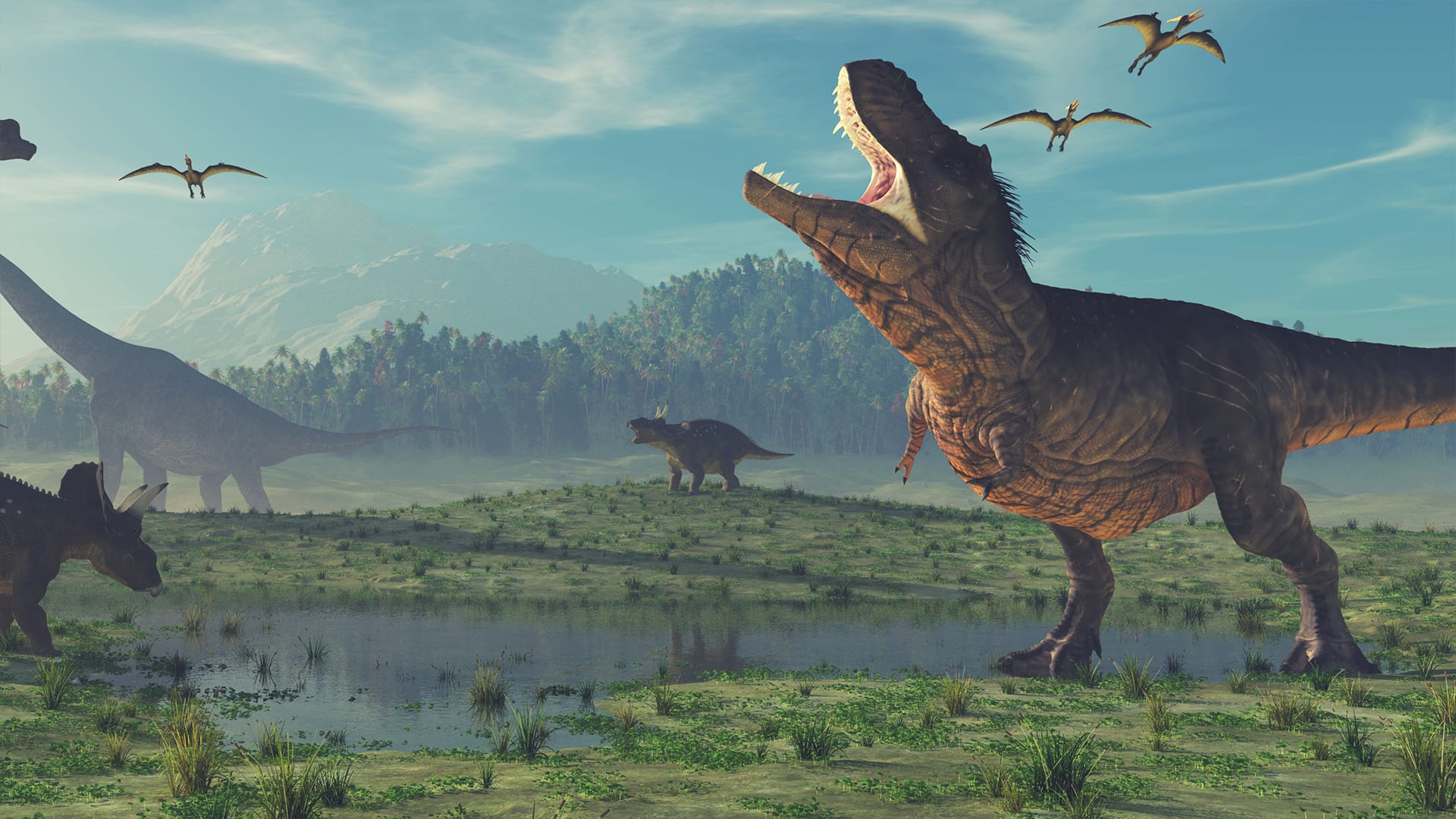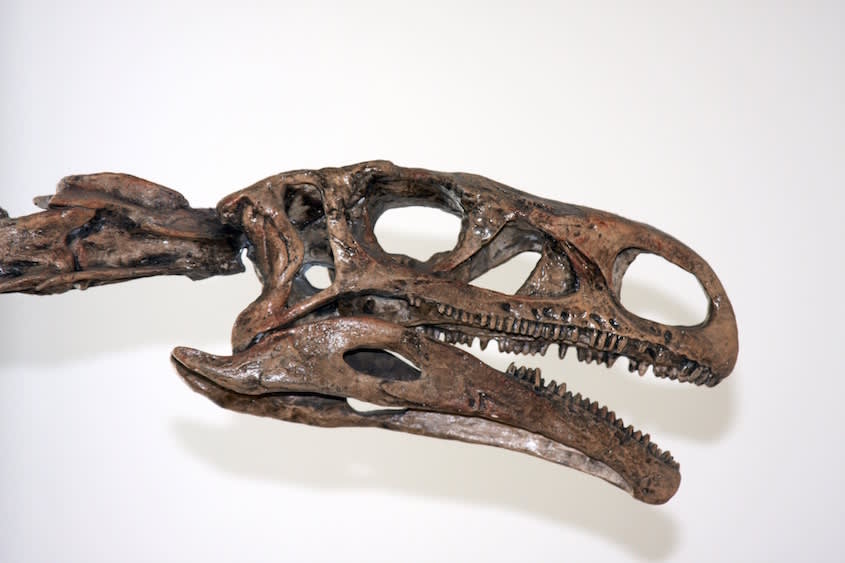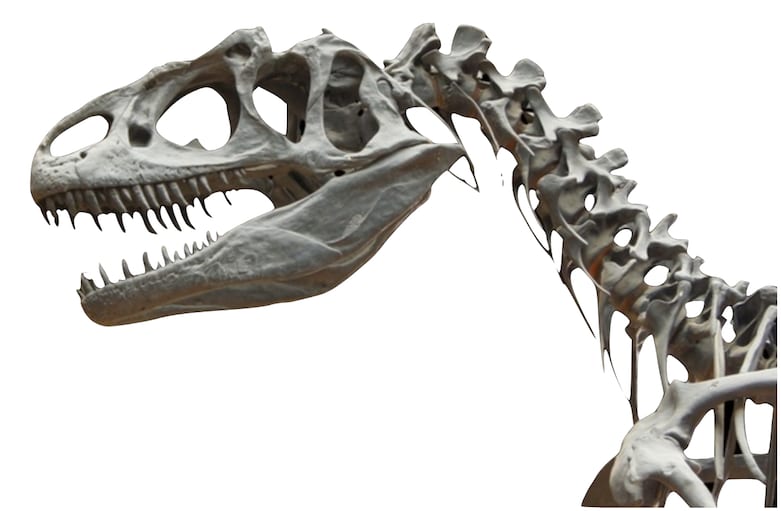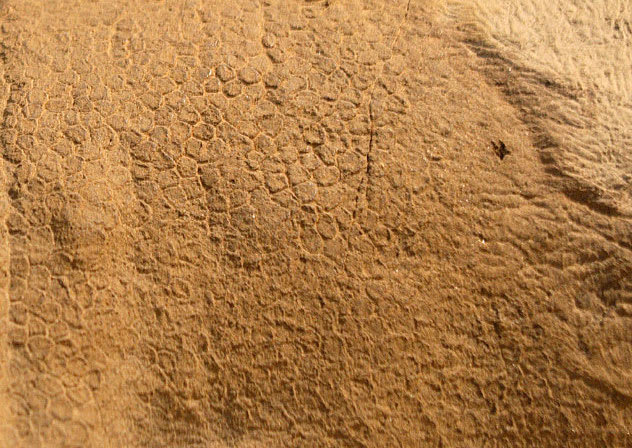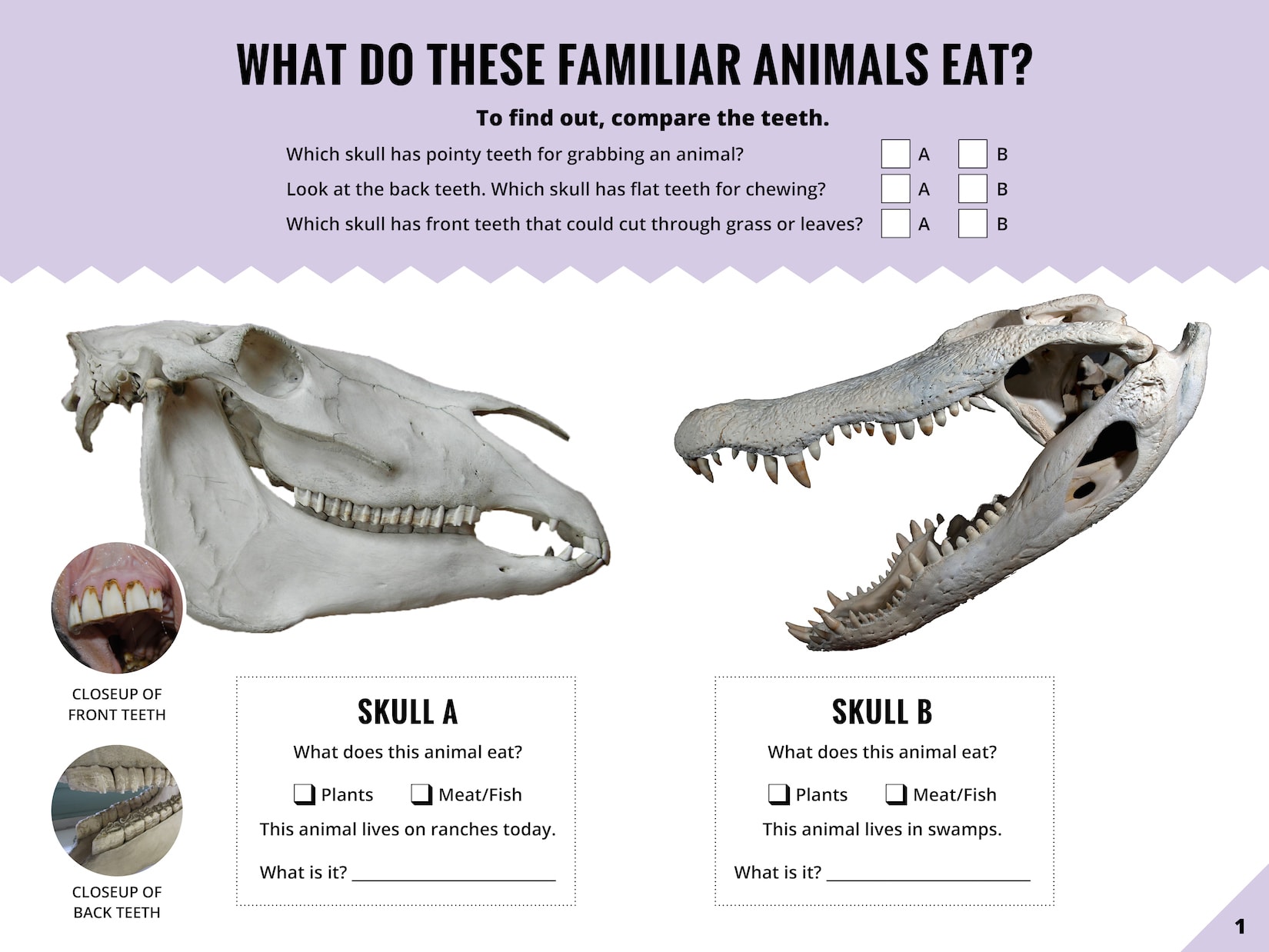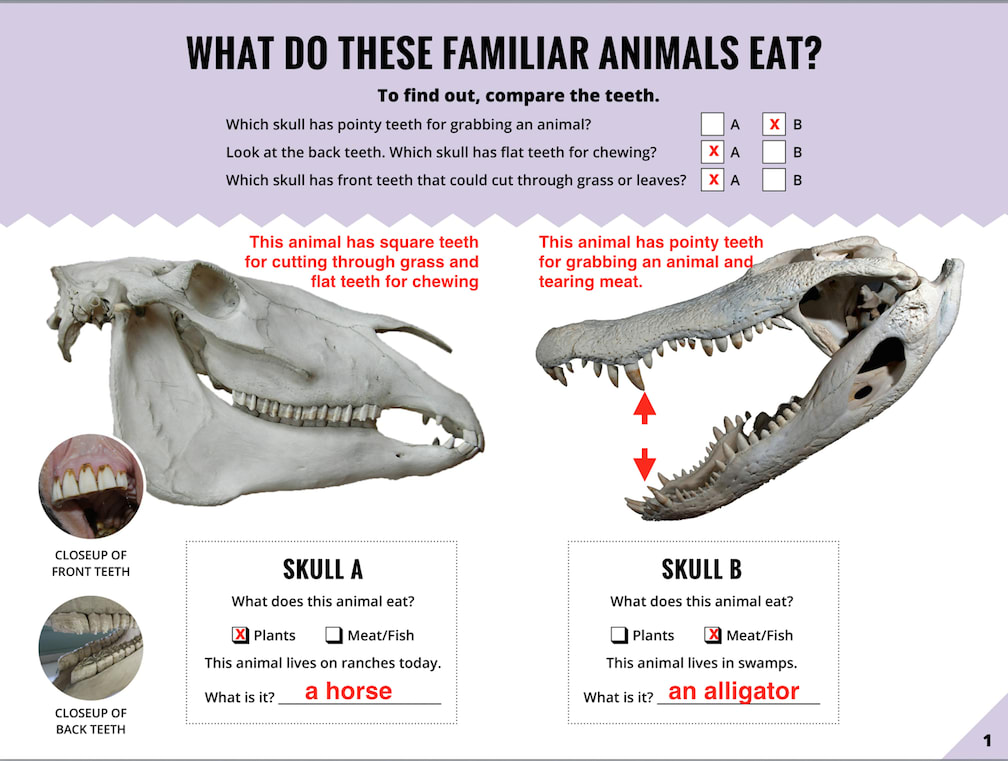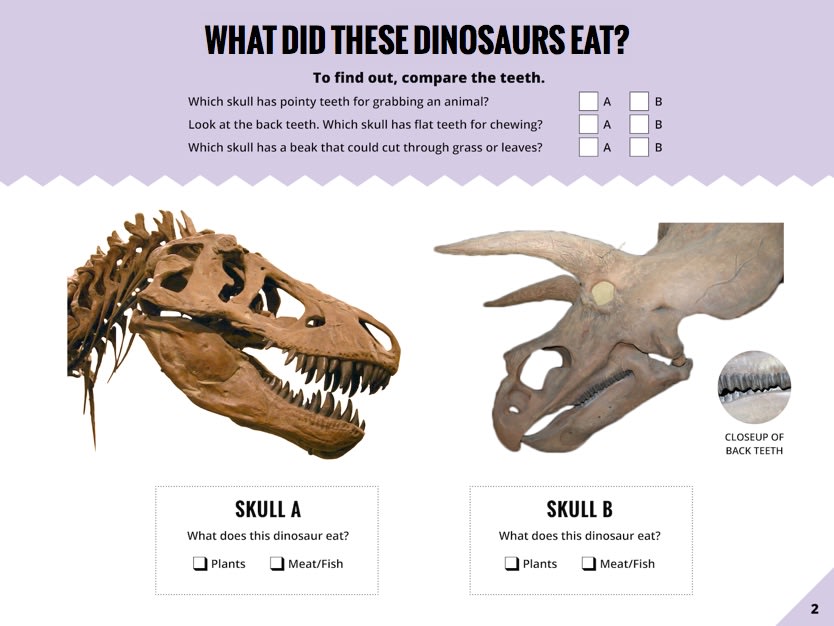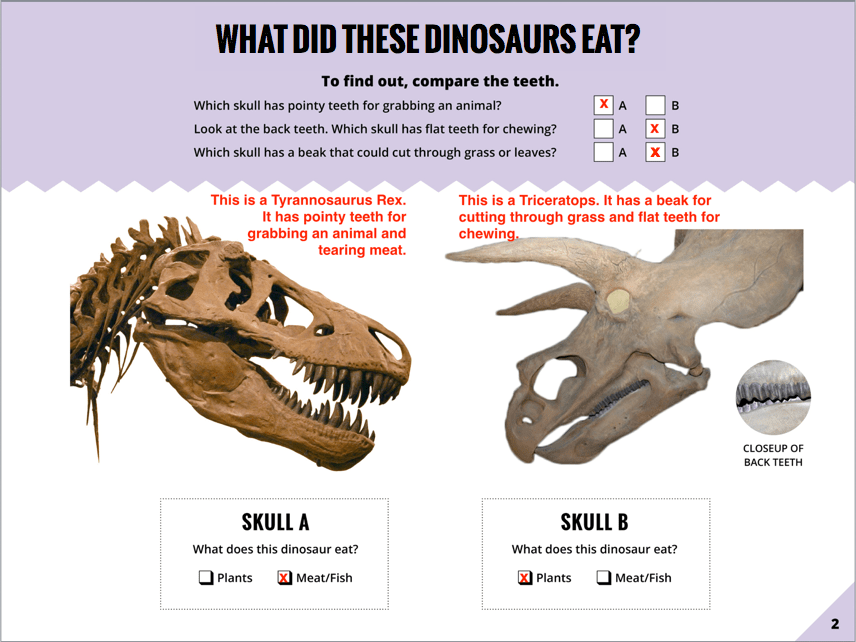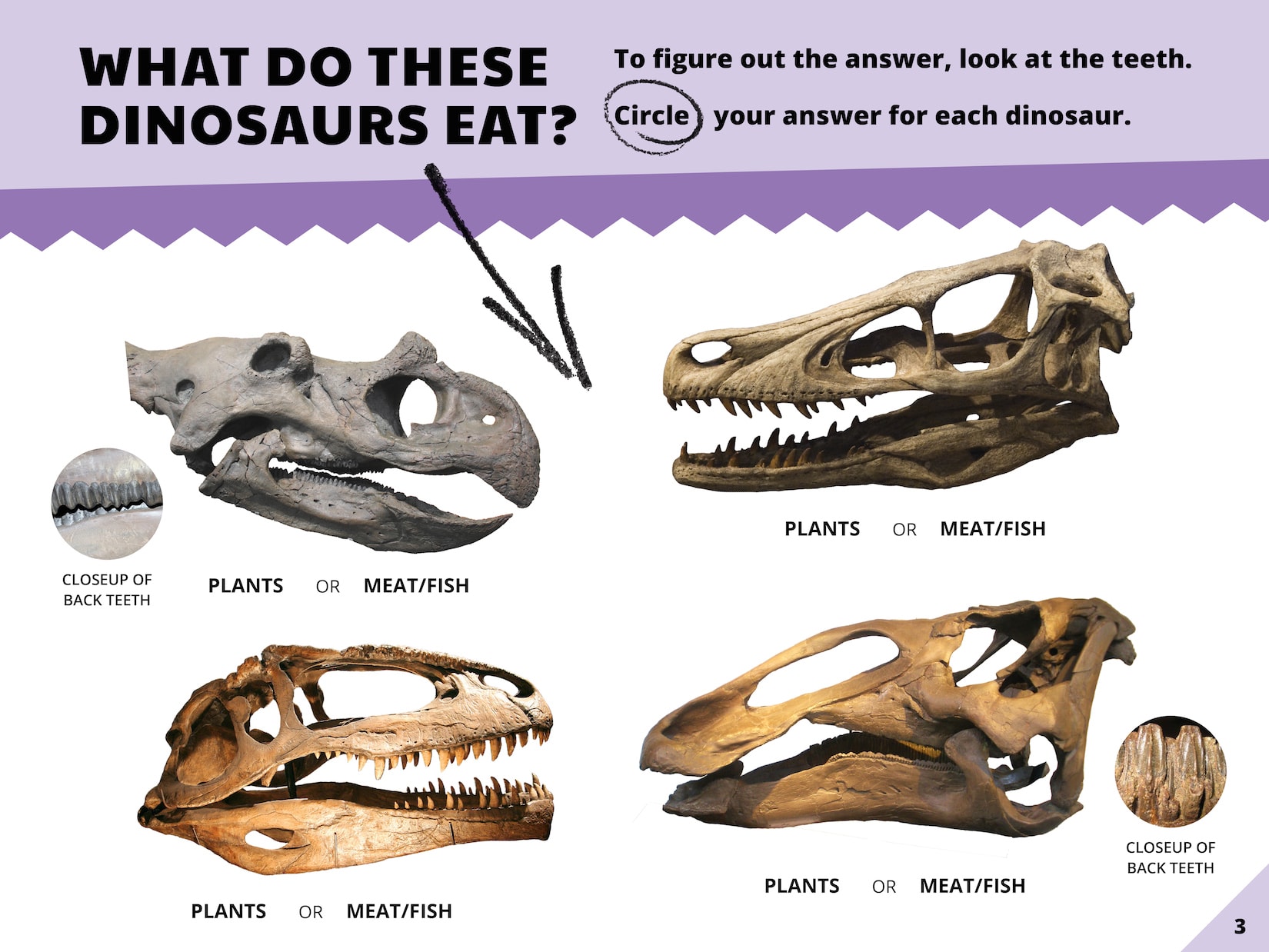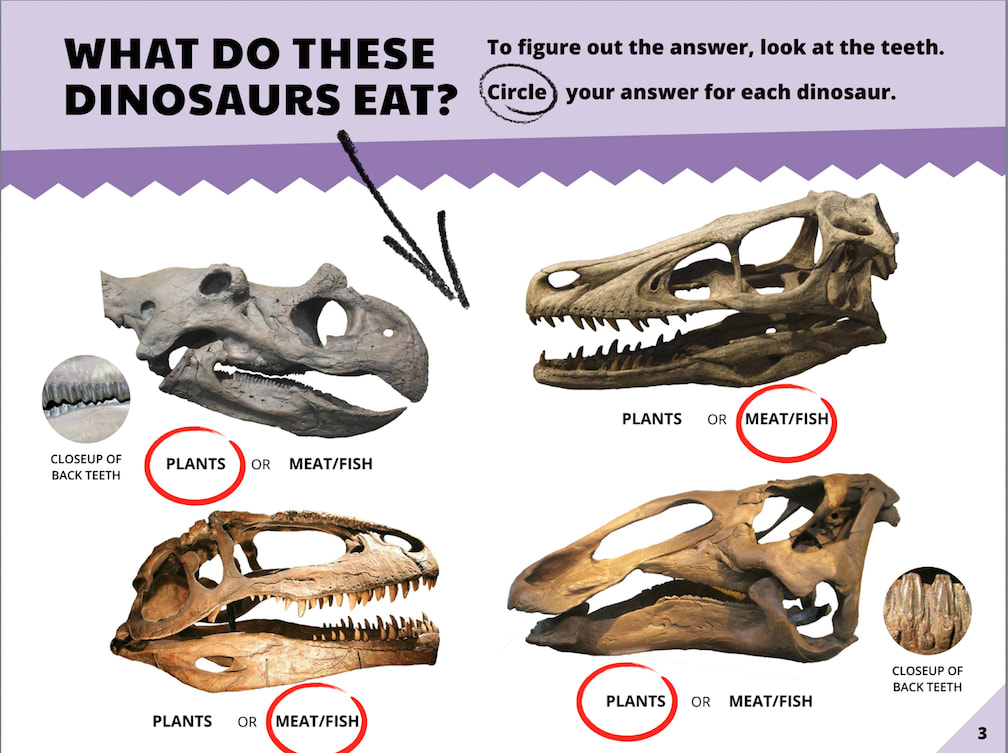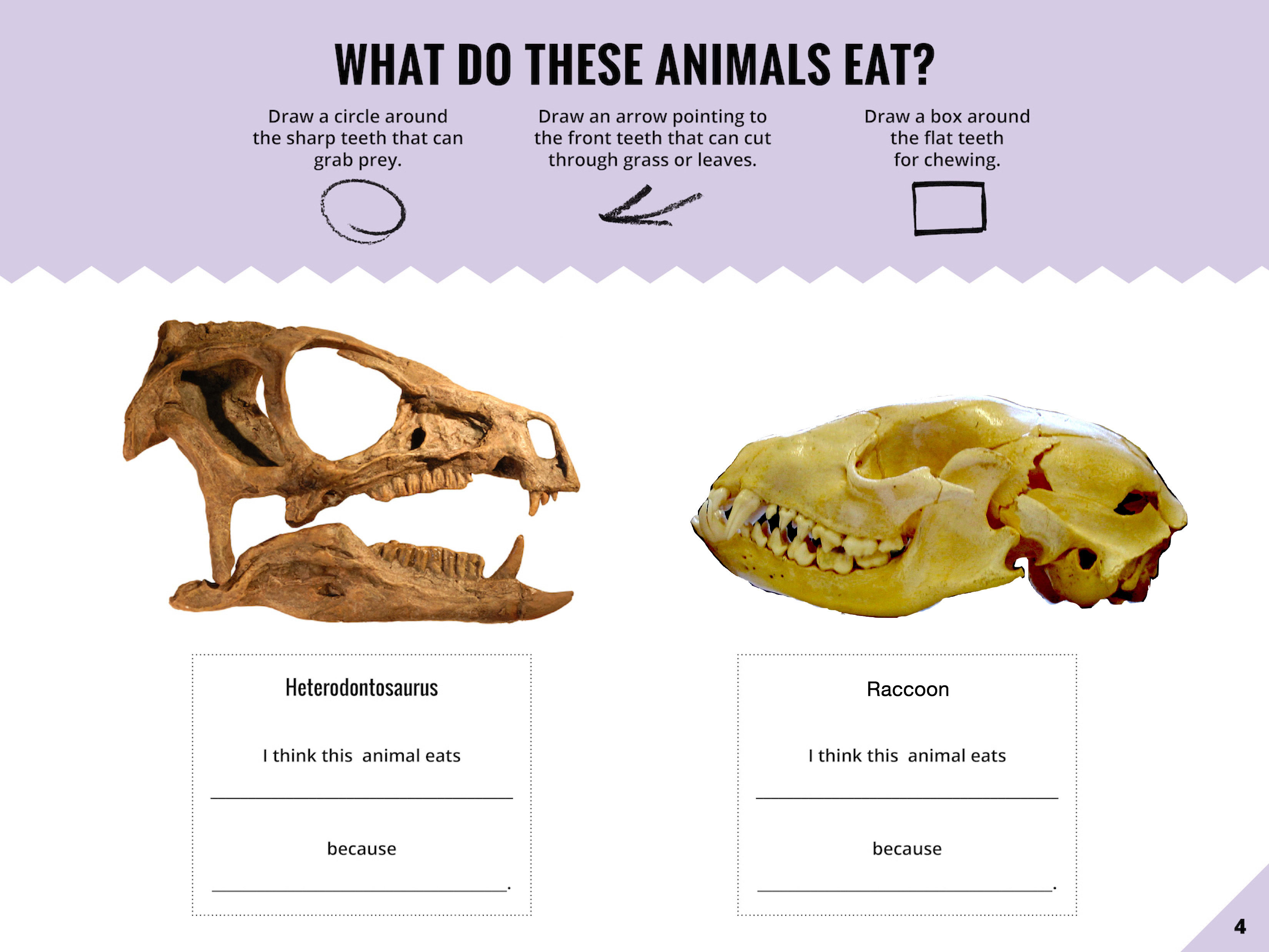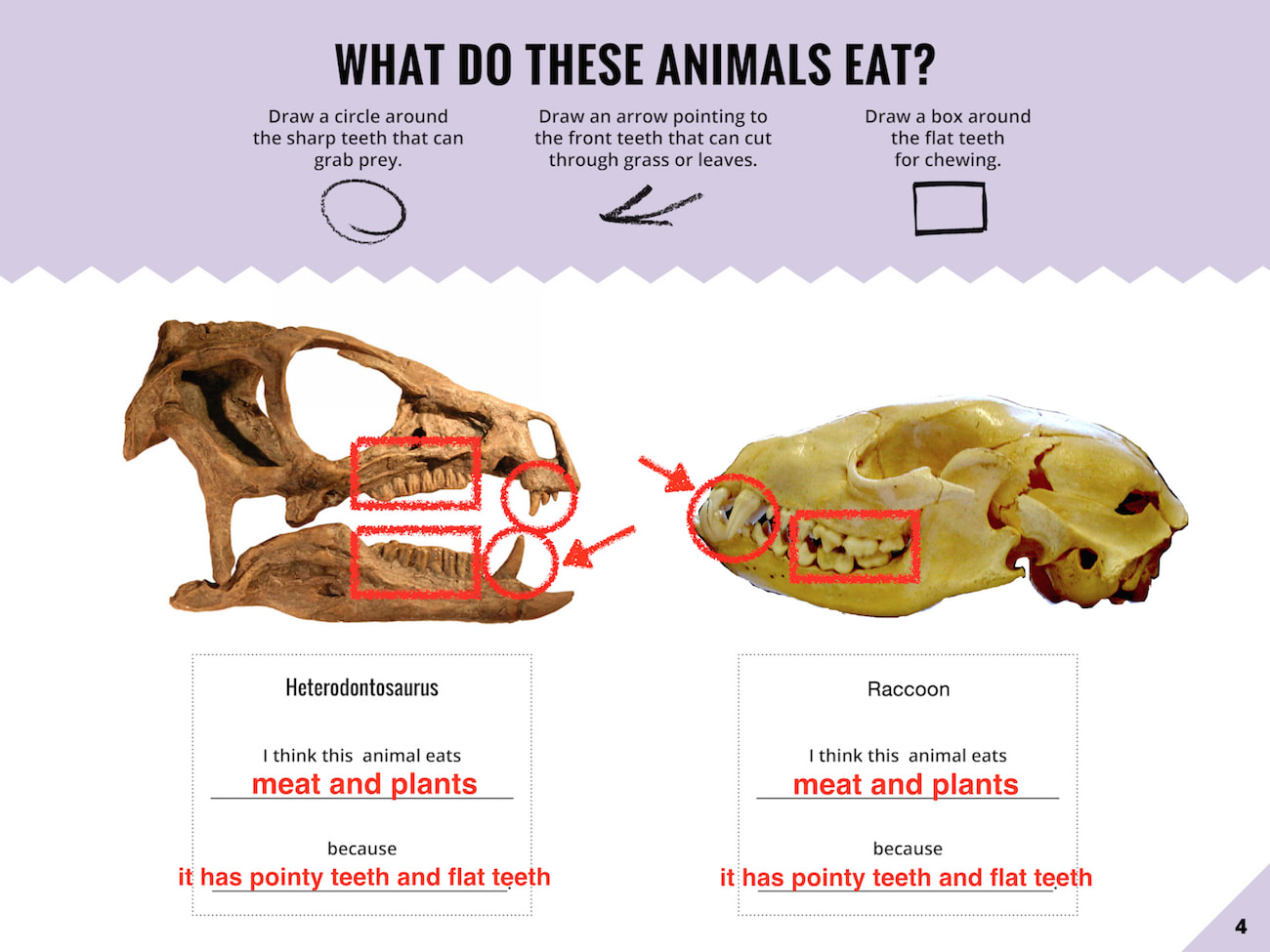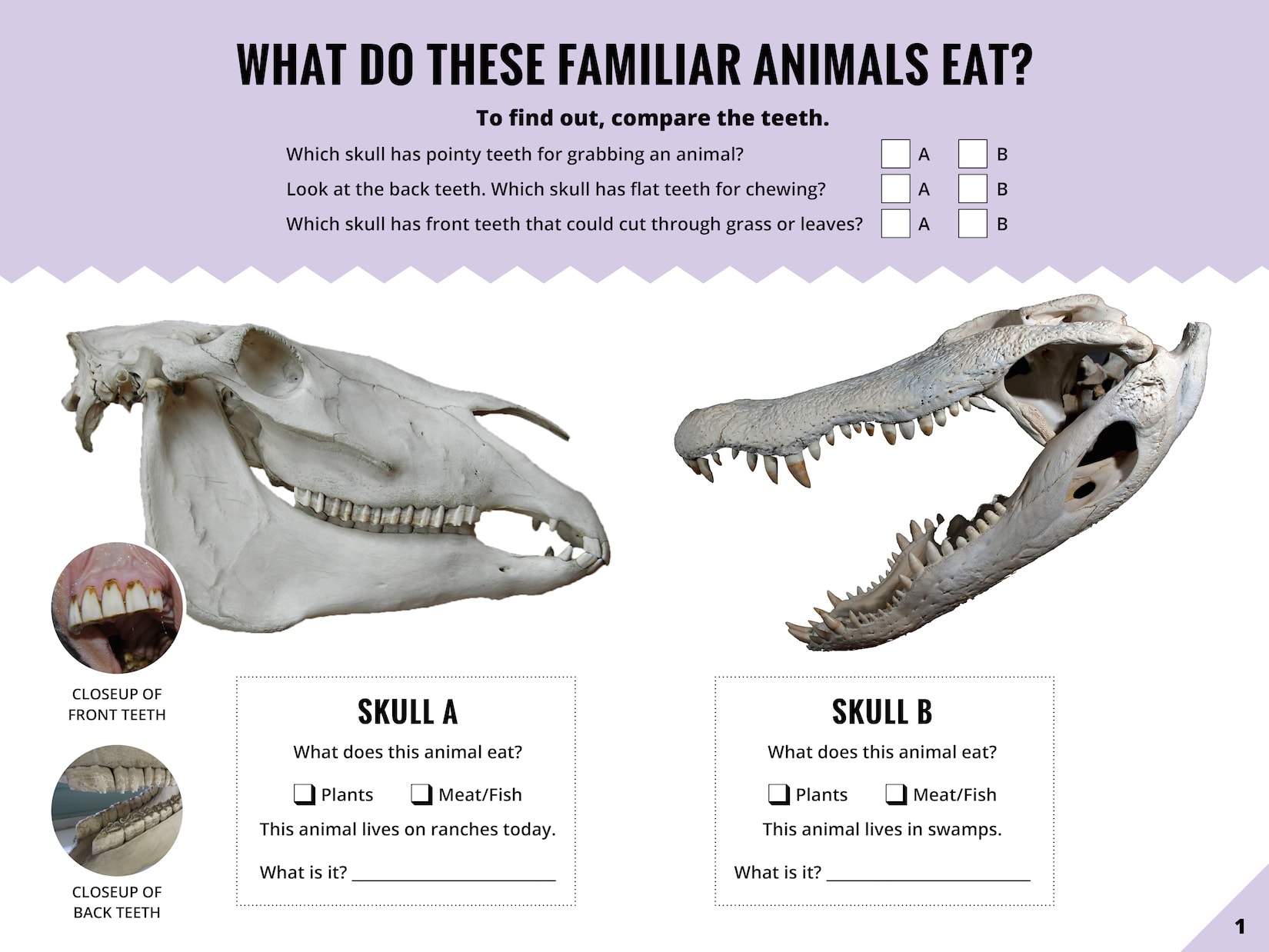Mystery Science respects the intellectual property rights of the owners of visual assets.
We make every effort to use images and videos under appropriate licenses from the owner or by
reaching out to the owner to get explicit permission. If you are the owner of a visual and
believe we are using it without permission, please
contact us—we will reply promptly and make
things right.
Exploration
T-rex by
Homeschoolerswrite.org
bear skeleton by
Tiia Monto
, used under CC BY-SA
bear by
Sergiodlarosa
, used under CC BY-SA
sauropod drawing by
ДиБгд
broken skull by
Mirta12
, used under CC BY-SA
Dreadnoughtus by
Jennifer Hall
, used under CC BY
box of bones by
Fraser
laying next to large bone by
Imgur
skull by
Bone Clones
cat by
Moyan Brenn
, used under CC BY
gorilla by
Kate
, used under CC BY-SA
squirrel by
Tambako The Jaguar
, used under CC BY-ND
velociraptor sculpture by
jamieanne
, used under CC BY-ND
bird like dinosaur by
Aaron Tierney
, used under CC BY-SA
digging out fossil by
Антон Черный
tooth by
dinosaur-rose
Brontosaurus by
Charles Robert Knight
egg fossils by
Wolfgang Sauber
, used under CC BY-SA
hatching egg fossil by
Tim Evanson
, used under CC BY-SA
Earth by
Celestia?
, used under CC BY
cat skull by
Bone Clones
cats by
Tanya.K.
, used under CC BY
chimpanzees by
Michele W
, used under CC BY-ND
horses by
smerikal
, used under CC BY-SA
Iguana hatching by
Justin Walguarnery.
crocodiles hatching by
Grace Kat
, used under CC BY-SA
snake hatching by
Vijay Krishna
, used under CC BY-SA
Astroid by
Don Davis/NASA
dinosaurs dying off by
National Science Foundation, Zina Deretsky
green lizard by
Jean-Jacques Boujot
, used under CC BY-SA
bones in ground by
Richard Fortey
giant lizards by
Ian Wright
, used under CC BY-SA
theater by
Machine-History.Com
dinosaur cartoon by
Scarpuss
reptile skull by
Bone Clones
skin imprint by
Kabacchi
Jurassic Park video clip by
MovieClips.com
T-rex head sculpture by
Ballista
, used under CC BY-SA
old drawing by
Barthélemy Faujas de Saint-Fond
diggin up fossils by
Origo
dino-gorilla by
heckthor
T-rex skeleton by
stu_spivack
, used under CC BY-SA
